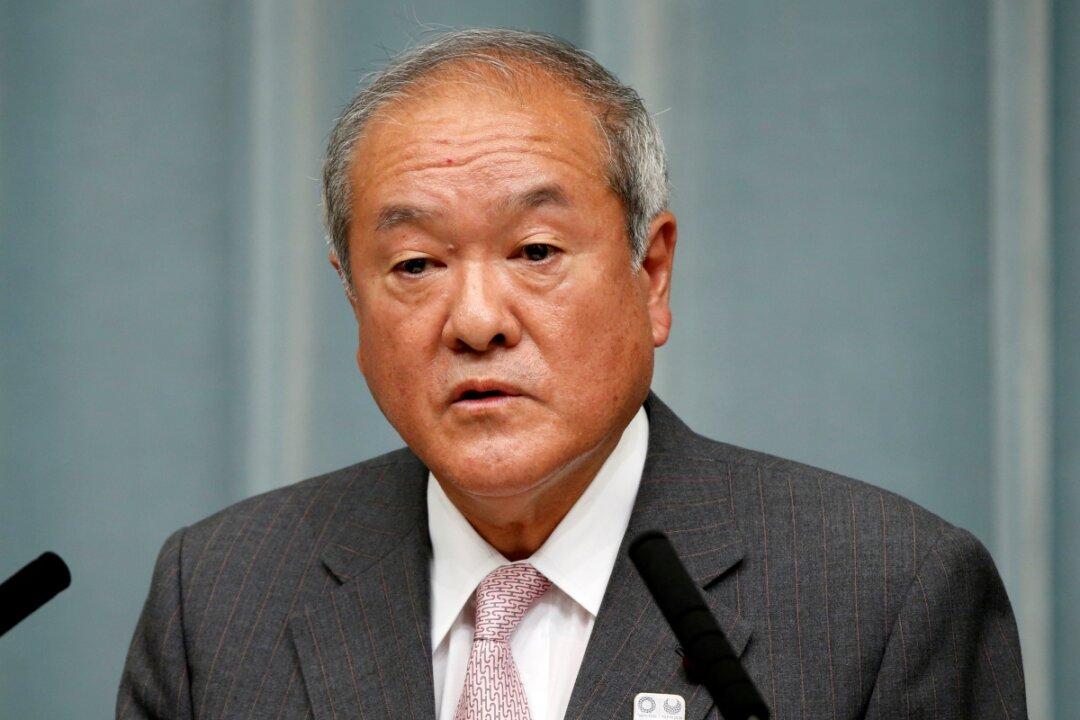TOKYO—Japan will freeze the assets of four additional Russian banks from April 2, Finance Minister Shunichi Suzuki said on Thursday, taking to seven the total number Tokyo has slapped with such sanctions.
Prime Minister Fumio Kishida’s cabinet approved the decision to freeze the assets of VTB Bank, Sovcombank, Novikombank and Otkritie, the Ministry of Finance said in a document.





